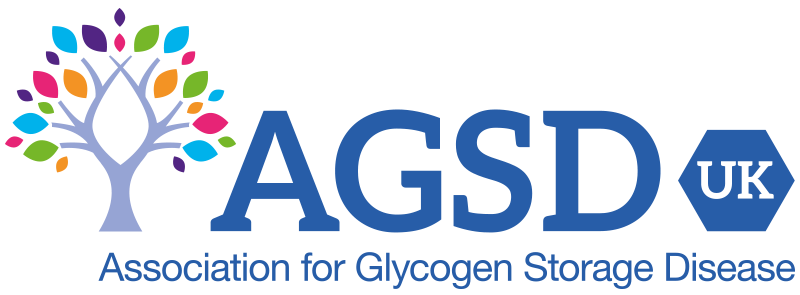It is usually a long and frustrating process to get diagnosed with this ultra rare disease, but once you are it opens the door to understanding and improvement.
Introducing McArdle’s and its impact

An introductory video from Euromac.
More about the Euromac Registry
Euromac is a registry of patients affected by McArdle Disease and other forms of rare neuromuscular GSDs where exercise intolerance is the main symptom. It comprises 15 partners from 7 European countries, Turkey and the US.
AGSD-UK is the only patient group partner and has led the work on dissemination including this video and publications.
The Euromac Registry can be used in a number of ways.
The key uses are:
- For desk research to analyse the natural history of the conditions.
- To identify suitable candidates for inclusion in future studies of treatments and trials of drugs.
- To promulgate training and information to medical professionals and patients.
Another registry
For those who cannot obtain the support of a clinician to join the Euromac Registry there is another one. It is a cooperation between IamGSD and Sanford Research in the US. That registry is patient-entered, so can be joined without needing the support of a clinician. See the IamGSD website for details.
Expected long term impact
- Improve access by patients to specialised care
- Facilitate the involvement of national governments and regulatory agencies
- Improve knowledge of the natural history of McArdle Disease and other rare neuromuscular glycogenoses
- Reduce the average delay in diagnosis
- Reduce the risk of incorrect advice leading to debilitating symptoms and increased risk of life-threatening crises necessitating admission to critical care.
